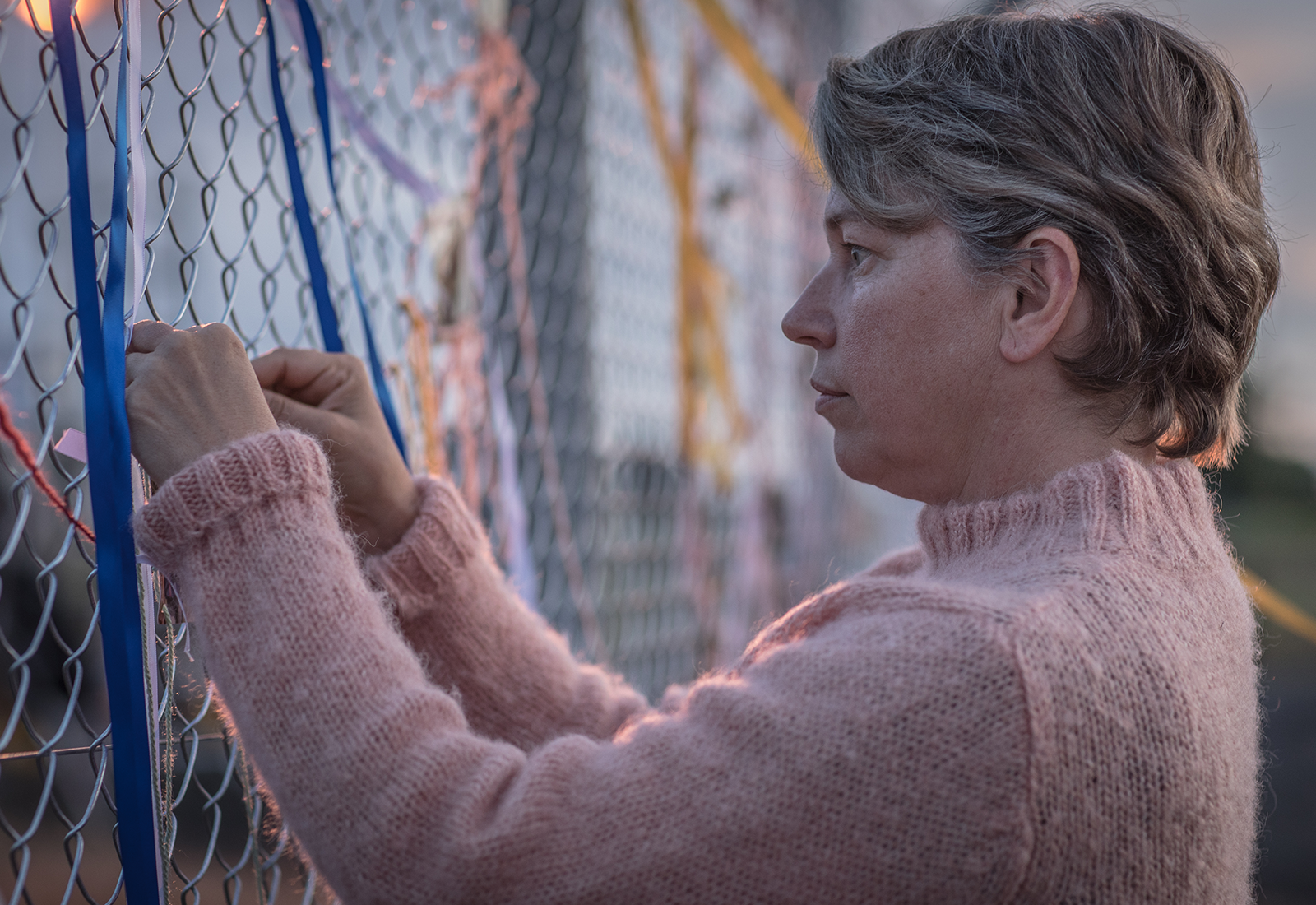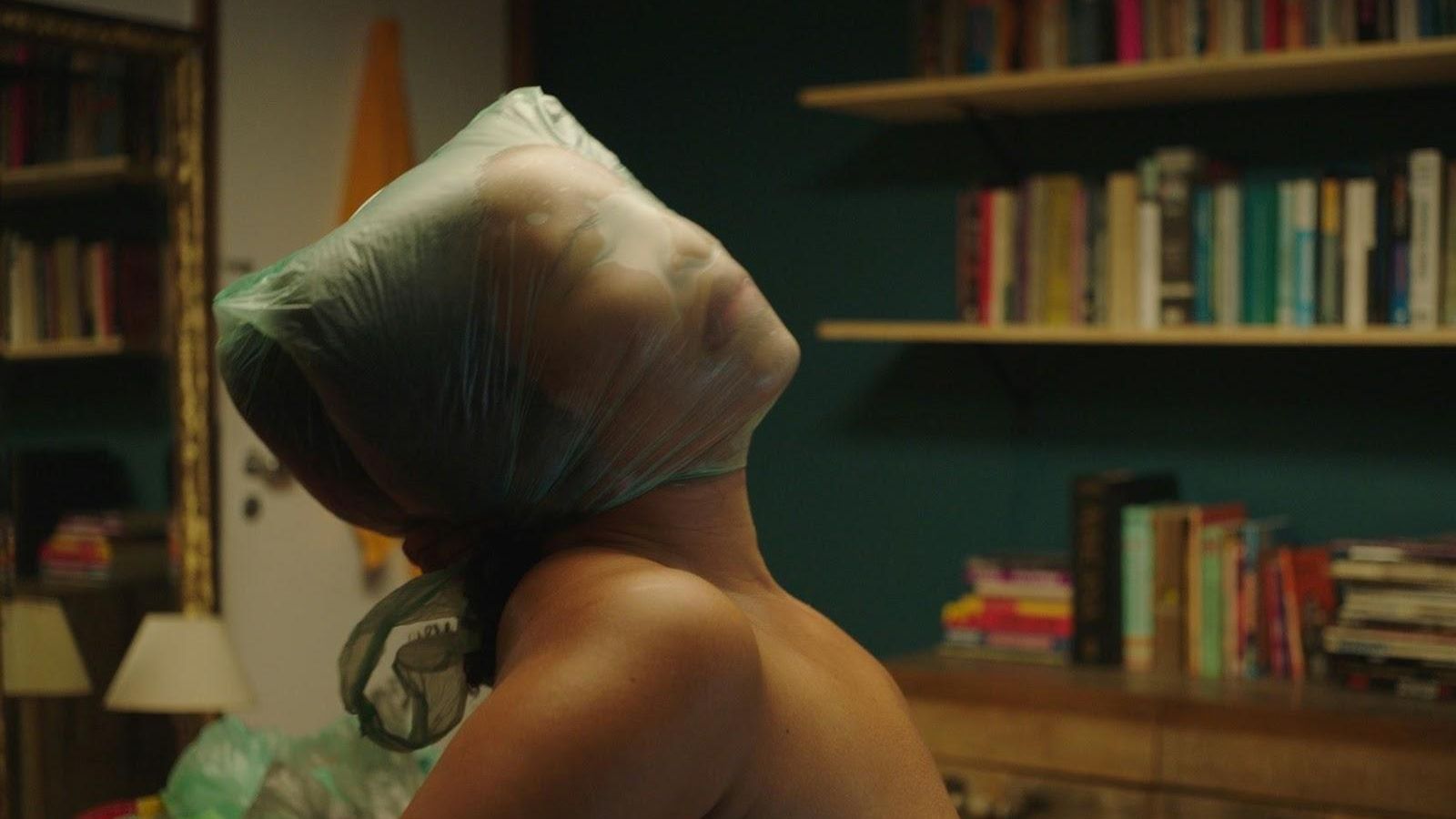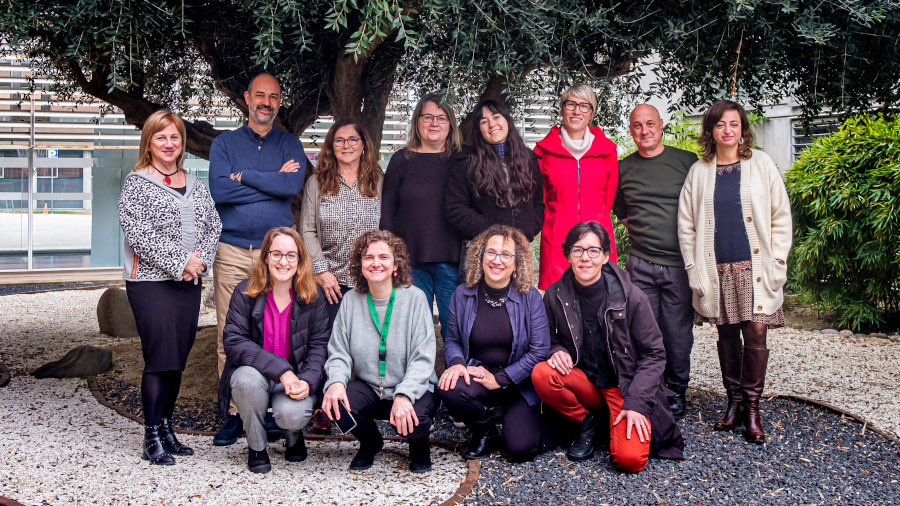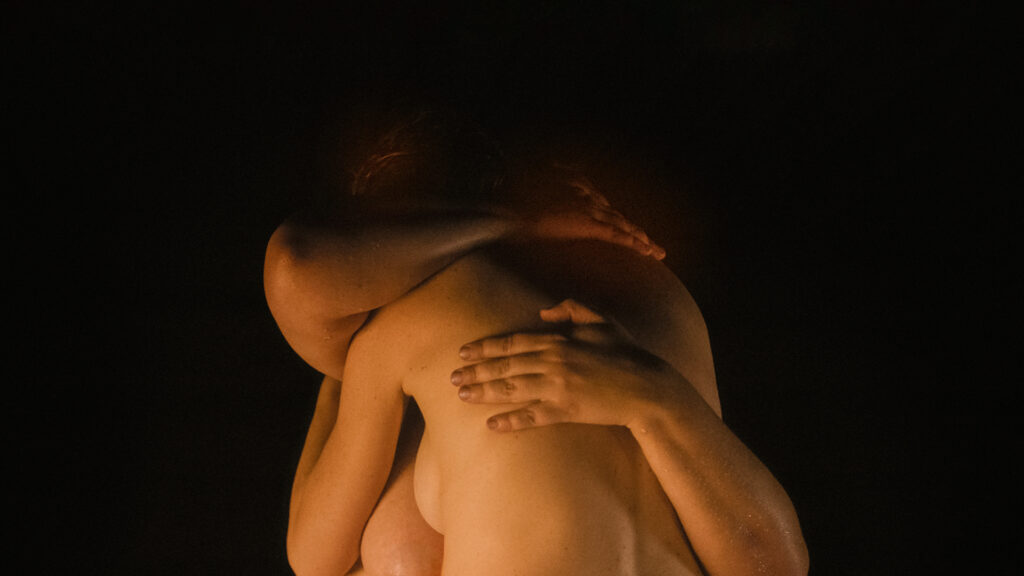
All set for the 31 edition of MIFDB
Frame from the film “Mothers of Revolution” by Briar March, screened at the Mostra Internacional de Films de Dones de Barcelona.
The Mostra Internacional de Films de Dones de Barcelona is a festival that began its trajectory in June 1993. Its objective is to promote cinema directed by women, showcasing female audiovisual culture and screening films by women directors from around the world, thus highlighting the importance of women’s contribution to the development of audiovisual creation. After almost three decades of history, the Mostra has become a stable cultural space and an increasingly committed alternative exhibition platform that fosters debates on creative processes. Among the concerns of the Mostra is the discussion on the role of festivals in the cinematic journey, making it a cultural proposal organized around two moments, starting in summer and returning in autumn, offering an alternative to the competitive nature of most film festivals.
Out-of-Place Cinema
Throughout the months of May, June, and July, five outdoor screenings will take place in different squares in the districts of Ciutat Vella, Gràcia, and Nou Barris. The first four sessions will be dedicated to comedies made in the 1990s by lesbian directors. The protagonists of these films, as well as their stories, are also influenced by gender and sexual dissidence. The limited distribution these movies had at the time, the difficulties of locating them today, and the strength of word-of-mouth have turned them into cult works for the LGBTQ+ community. To conclude this programming, the winning pieces of Cortos en femenino 2023, an annual call for short films directed by women organized by TRAMA – Coordinator of exhibitions and film, video, and multimedia festivals made by women, will be screened.
 Frame from “But I am a Cheerleader” by Jamie Babbit, a film screened in the Out-of-Place Cinema section of the Mostra Internacional de Films de Dones de Barcelona.
Frame from “But I am a Cheerleader” by Jamie Babbit, a film screened in the Out-of-Place Cinema section of the Mostra Internacional de Films de Dones de Barcelona.
Film Persistences
This section delves into the original spirit of the Mostra by engaging in a dialogue between rescued films from different historical moments and contemporary pieces, creating new scenarios of interpretation and positioning the films as points within a constellation. Seeing recovery films through today’s lens allows for the emergence of new meanings and new relationships with audiences.
The persistence of vision is a phenomenon that demonstrates how an image remains on the human retina for one-tenth of a second before disappearing. The film persistences that give the title to this cycle refer to the continued determination to shake up film models by inventing new languages to narrate our resistances. The pieces that nourish this programming are notable for using production forms that show the persistence of past and present female filmmakers in using the film medium as a form of social denunciation in processes that involve feminist collectives, cinema professionals, workers, and activists. Recent films in which we will observe the desire to recover acts of rebellion and subversion by women who have paved the way for us through animation, interviews, or reenactments. These films choose to focus on micro-resistances, minimal gestures that are deeply transformative, such as the recovery of a seed in occupied territory, the collection of wild plants, or the repurposing of discarded objects to create entirely new pieces. Also, we will see films that dare to bring to the forefront the construction of our most complex desires or understand them as individual, familial, and diasporic mourning processes.

Frame from “Para su tranquilidad haga su propio museo” by Ana Endara and Pilar Moreno, screened in the Film Persistences section of the Mostra Internacional de Films de Dones de Barcelona.
Retrospective on Yvonne Rainer
Seven of Yvonne Rainer’s films, recently restored, will be showcased to deeply immerse ourselves in the filmic work of an author who places at the center the willingness to break existing film conventions and invent a more suitable cinematic language to execute her discourse. Her first feature film, “Lives of performers” (1972), paves the way for her most important quests: the subversion of narrative discourse, the breaking away from identification with characters, and the fluid continuity of events. As she herself explains in “Narrative in the Service of Identity” (1991), she is interested in films “in which in each scene we will have to decide anew the priorities of looking and listening.” Over the next three decades, she delves deeper into these quests through six more feature films, exploring political and social themes such as imperialism, identity, romantic love, privilege, and aging.
 Frame from “MURDER and murder” by Yvonne Rainer, screened in the Yvonne Rainer Retrospective section of the Mostra Internacional de Films de Dones de Barcelona.
Frame from “MURDER and murder” by Yvonne Rainer, screened in the Yvonne Rainer Retrospective section of the Mostra Internacional de Films de Dones de Barcelona.
In addition, the Mostra Internacional de Films de Dones de Barcelona will feature special sessions.
 Frame from “Revolución puta” by María Galindo, screened in the special sessions of the Mostra Internacional de Films de Dones de Barcelona.
Frame from “Revolución puta” by María Galindo, screened in the special sessions of the Mostra Internacional de Films de Dones de Barcelona.


